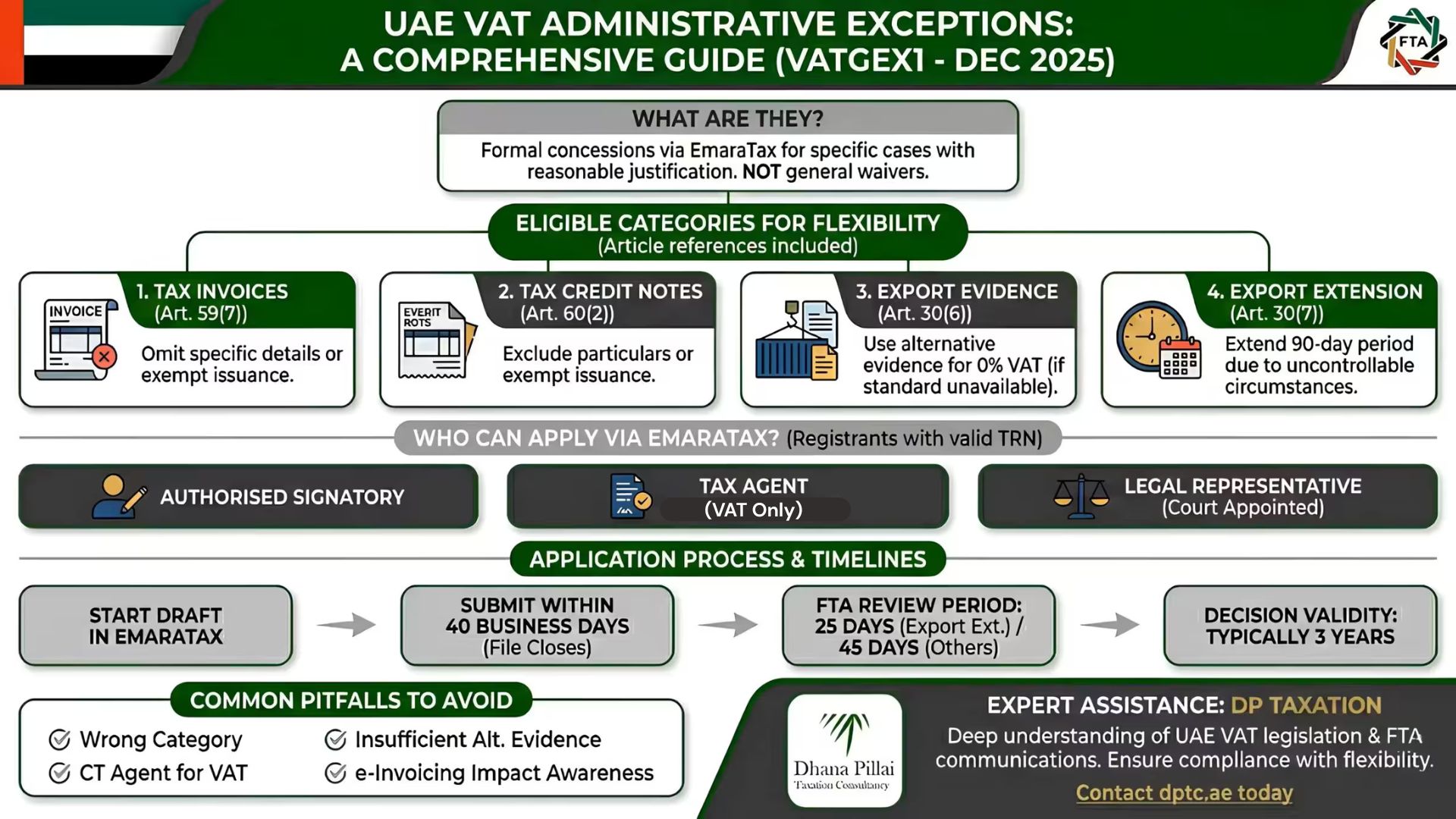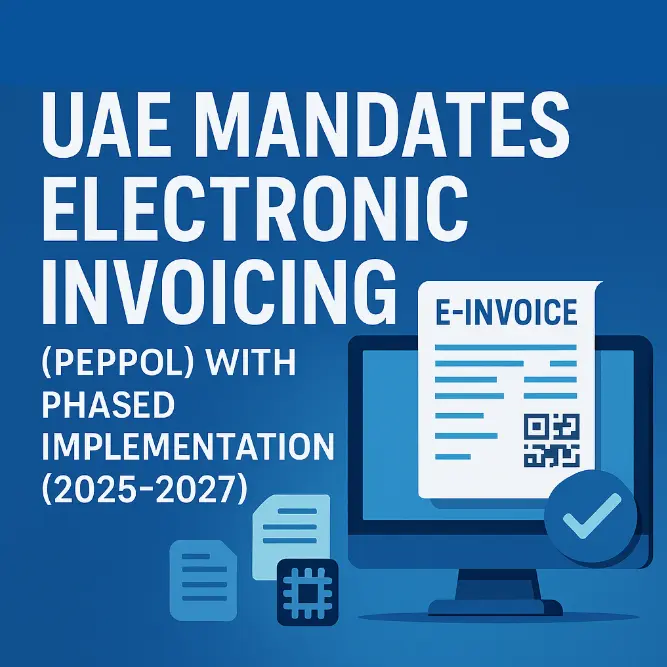Blog
- home
- >
- Blog
Reverse Charge Mechanism on UAE VAT for Electronic Dealers
The UAE's electronics sector underwent a significant transformation on October 30, 2023, with the introduction of Cabinet Decision No. 91 of 2023, issued on August 25, 2023, which established the Reverse Charge Mechanism (RCM) for Value Added Tax (VAT) on business-to-business (B2B) transactions involving electronic devices. This shift in VAT payment responsibility, from the seller to the buyer, has a profound impact on businesses operating in this industry.
Understanding the Reverse Charge Mechanism
The RCM mandates that buyers involved in the trading, assembly, or manufacture of electronic devices, such as smartphones, computers, parts, and accessories, to account for and pay VAT on the transaction. Consequently, the seller does not levy VAT on the invoice, and the buyer is responsible for declaring and paying VAT on their tax return.
Key Considerations for Electronics Dealers
Electronics dealers who are taxpayers must be aware of the following key considerations under the RCM:
1. When a supplier provides electronic devices to a registered recipient of goods with the intent of resale or use in the production or manufacturing of electronic devices, the following rules apply:
a. The supplier is not responsible for accounting for VAT related to the supply of electronic devices and should not report such VAT in its VAT return.
b. The recipient of electronic devices must account for the VAT on the value of the electronic devices supplied and is responsible for all VATobligations resulting from such supply and for accounting for due VAT thereon.
2. To apply the special reverse charge mechanism, the following requirements should be met:
a. Before the date of supply, the recipient of electronic devices must:
- Provide the supplier of electronic devices with a written declaration indicating that the intent of the supply of electronic devices is for the purpose of trading, assembly, or manufacturing, and
- Provide the supplier of electronic devices with a written declaration confirming their registration with the Authority.
b. Before the date of supply, the supplier of electronic devices must:
- Receive and retain the declarations provided by the recipient, and
- Verify that the recipient of electronic devices is registered in accordance with the means approved by the Authority.
The above RCM rules do not affect dealers exporting electronic devices outside of the UAE. In such cases, the seller will account for the export as a zero-rated supply in accordance with Article 45 of Federal Decree Law No. 8 of 2017.
Impact on Business Operations
The implementation of the RCM necessitates adjustments in the operations of electronics businesses, including updating their accounting and invoicing systems, providing training to staff on new VAT rules and procedures, and communicating changes to customers and suppliers.
Adapting to the New Normal
Although the RCM may pose initial challenges, electronics dealers must adapt to this new norm and ensure compliance to avoid potential penalties. By comprehending the implications of the RCM and implementing necessary changes, businesses can continue to operate efficiently in the UAE's electronics sector.
- Admin




